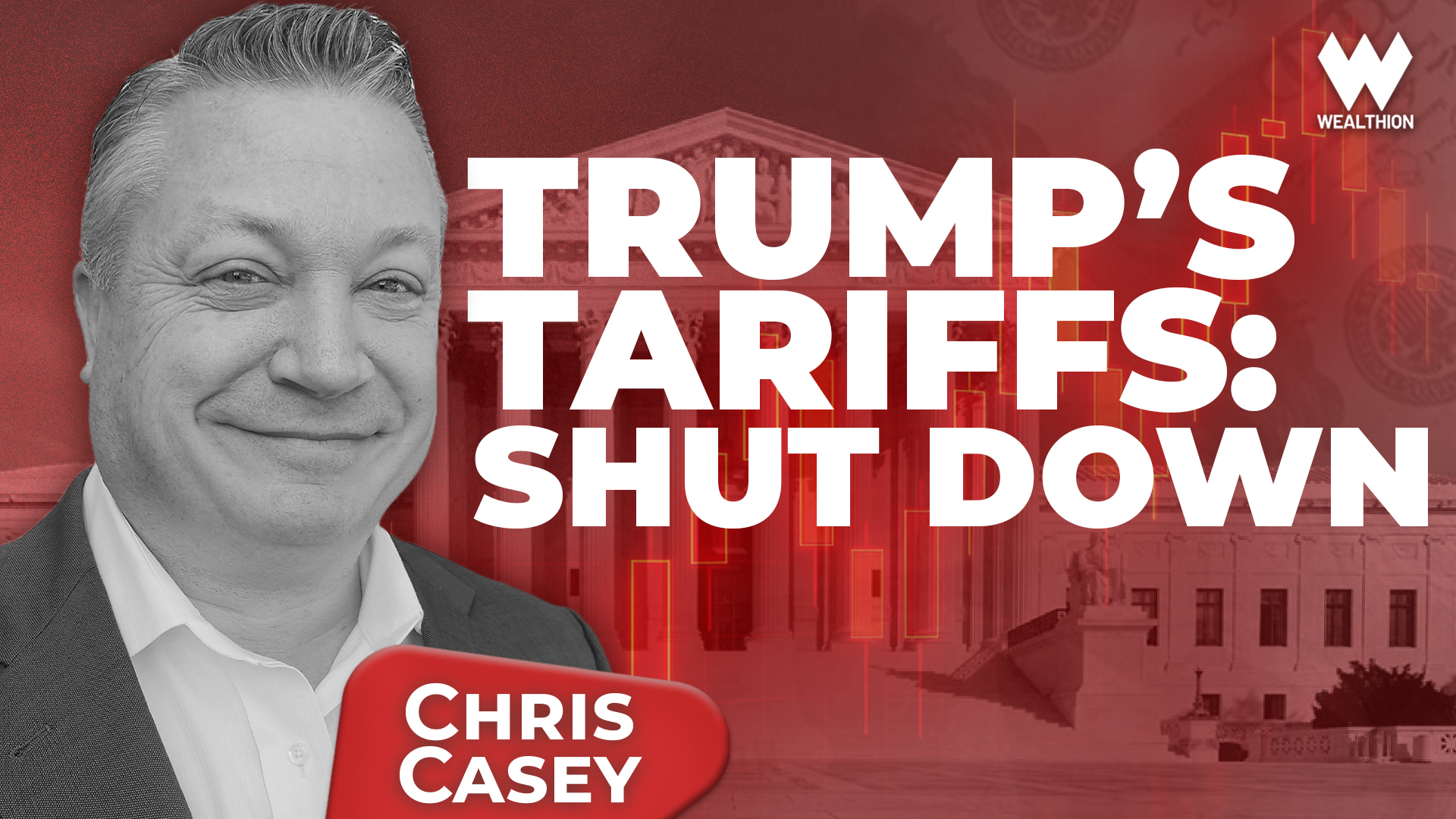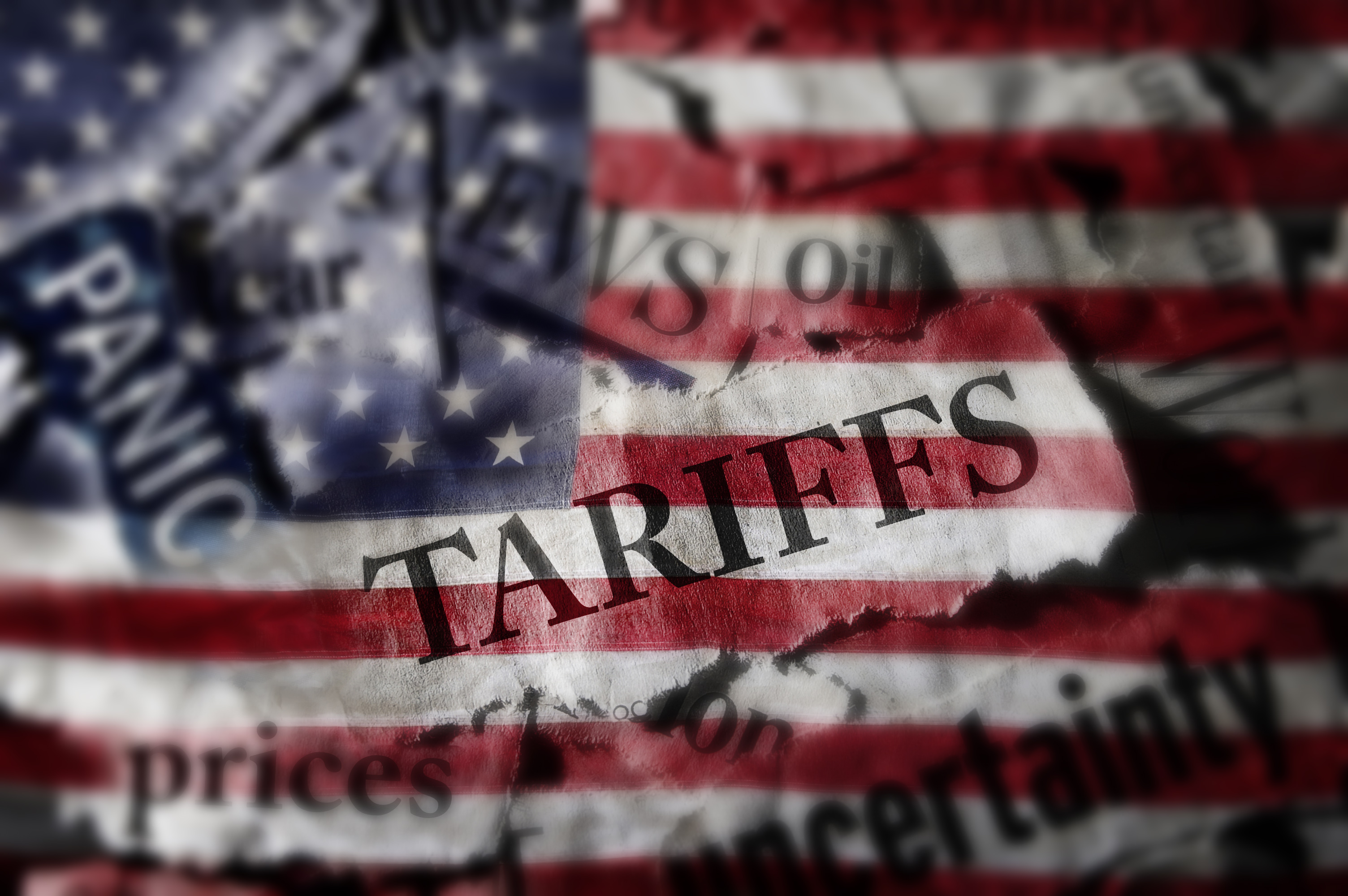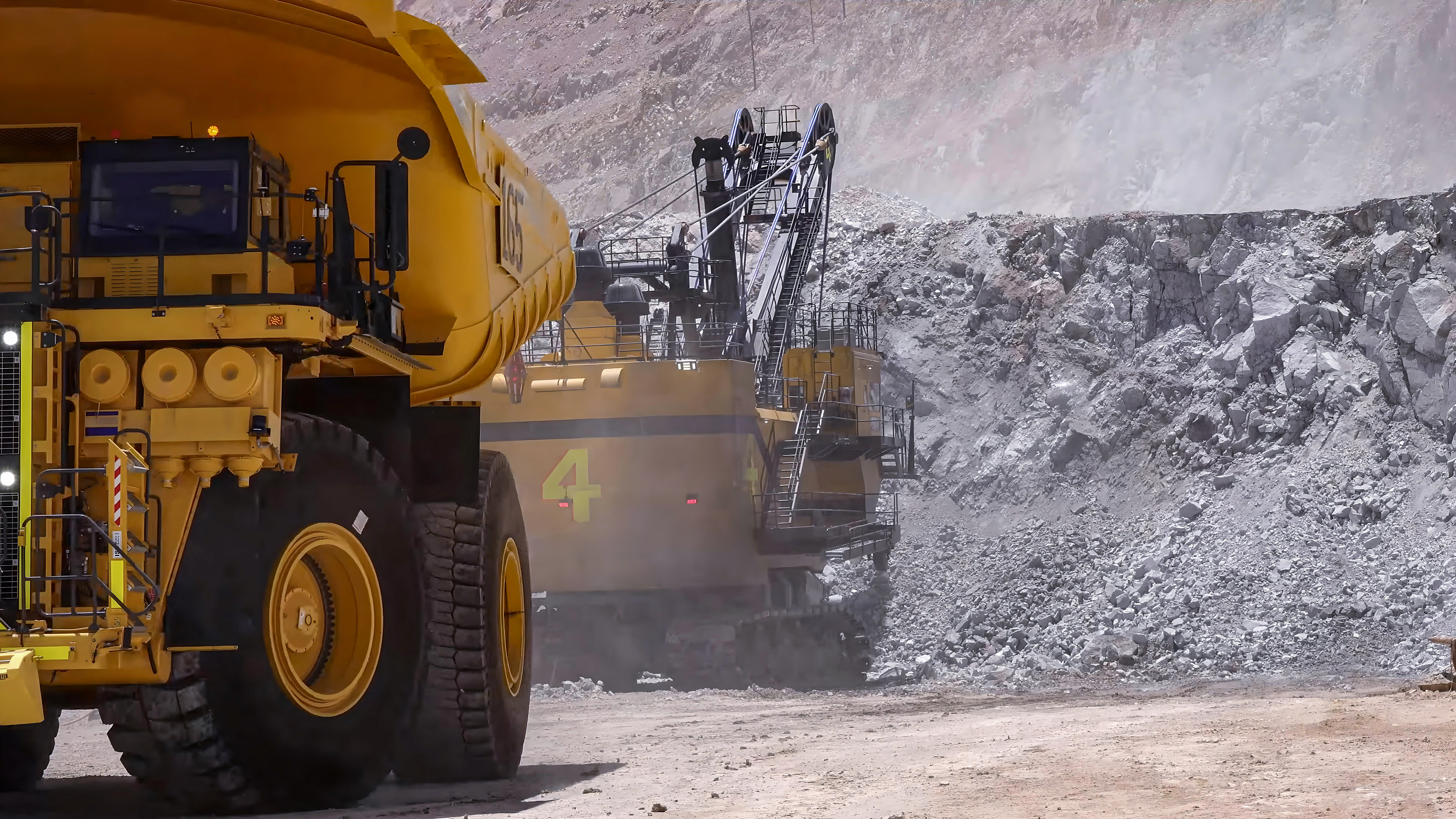Join Our Newsletter List
Never miss the latest strategies for protecting and growing your wealth.
Join our mailing list.
Actionable Insights From The Top Money Experts
We bring you the insights of the world’s top money experts and then connect you with like-minded, independent, trustworthy professional financials.
The Securities and Exchange Board of India (SEBI) has expanded the list of permitted assets to allow...
Eagle Nuclear Energy is taking the SPAC route to become a public company, announcing it will go publ...
When it comes to Platinum, it's a market still defined by two numbers that matter most to investors:...
On Feb. 22, Bloomberg reported that Donald Trump is tying proposed new tariffs to what he describes ...
Rio Tinto is putting the focus back on its organic strategy after its high-profile merger talks with...
U.S. Energy Secretary Chris Wright gave the International Energy Agency (IEA) a 1-year deadline to s...

-Feb-28-2026-10-35-14-8050-AM.jpg)

.jpg)




.jpg)

-4.jpg)

